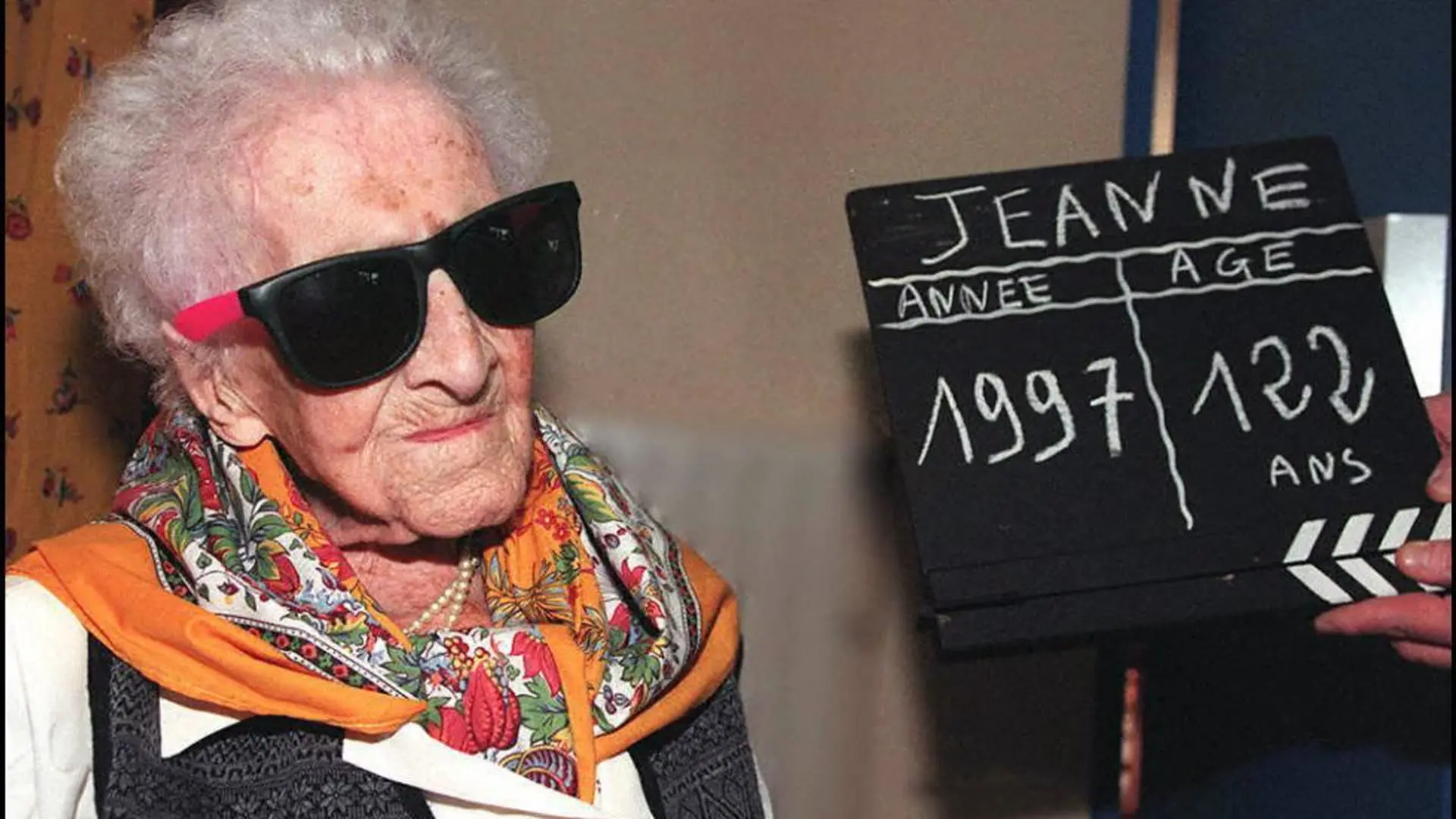122 Is the Record for Humans: Limits of Human Longevity
The phrase 122 is the record for humans refers to the oldest documented age reached by any human in recorded history. This fascinating benchmark has captivated scientists, researchers, and the general public alike, sparking discussions about the limits of human longevity and the potential for extending our lifespans. In this article, we’ll delve deep into the significance of this record, explore the life of the person who achieved it, and examine the broader implications for human aging and longevity research.
The Significance of 122 Is the Record for Humans
When we say 122 is the record for humans we’re referring to the maximum verified age attained by a human being. This record represents:
- The upper limit of documented human lifespan
- A benchmark for longevity research
- A source of inspiration and curiosity for many
Understanding this record is crucial for several reasons:
- It provides insights into the biological limits of human aging
- It serves as a goal post for medical and scientific advancements
- It raises questions about the quality of life in extreme old age
- It challenges our perceptions of what’s possible in terms of human lifespan
Who Holds the Record? Meet Jeanne Calment
The individual behind the statement 122 is the record for humans is Jeanne Louise Calment, a French woman who lived from February 21, 1875, to August 4, 1997. Her remarkable life spanned three centuries and set the bar for human longevity.
Key Facts About Jeanne Calment
- Born in Arles, France, in 1875
- Married at the age of 21 to her double second cousin, Fernand Calment
- Outlived her husband, daughter, and grandson
- Remained mentally sharp until her final years
- Gained international fame in her later life due to her exceptional age
Calment’s Lifestyle and Longevity
Jeanne Calment’s lifestyle has been a subject of much interest, as people seek to understand how she achieved such an advanced age. Some notable aspects include:
- Regular consumption of olive oil, which she also applied to her skin
- Moderate wine drinking
- Chocolate consumption (about 1 kg per week)
- Remaining active through activities like fencing and bicycle riding into her later years
- Maintaining a positive outlook on life
While these factors may have contributed to her longevity, it’s important to note that genetics and other unknown factors likely played significant roles as well.
Verifying the Claim: How Do We Know 122 is the record for humans?
Establishing that 122 is the record for humans required extensive verification processes. The Guinness World Records and various scientific bodies have rigorously examined the evidence supporting Calment’s age claim.
Verification Methods
- Birth and death certificates
- Census records
- Interviews with Calment herself
- Testimonies from people who knew her throughout her life
- Analysis of historical documents and photographs
Despite some controversies and challenges to the validity of her age, the majority of experts accept Calment’s record as legitimate.
The Biology of Aging: Why Is 122 Such a Remarkable Age?
To understand why 122 is the record for humans is so extraordinary, we need to examine the biological processes of aging and the typical human lifespan.
Average Human Lifespan
- Global average life expectancy: Around 73 years (as of 2023)
- Developed countries: Often exceeds 80 years
- Centenarians (people aged 100+): Approximately 573,000 worldwide
Factors Influencing Lifespan
- Genetics
- Lifestyle choices (diet, exercise, stress management)
- Environmental factors
- Access to healthcare
- Socioeconomic status
Biological Limits to Aging
Scientists have identified several factors that contribute to the aging process and potentially limit human lifespan:
- Telomere shortening
- Accumulation of cellular damage
- Mitochondrial dysfunction
- Epigenetic changes
- Stem cell exhaustion
Understanding these processes helps explain why reaching 122 years is such a remarkable feat and why it’s so rare for humans to approach this age.
Longevity Research: Inspired by 122 is the record for humans
The fact that 122 is the record for humans has spurred significant interest and investment in longevity research. Scientists and organizations worldwide are working to understand the aging process better and potentially extend human lifespan.
Key Areas of Longevity Research
- Genetics of longevity
- Cellular rejuvenation techniques
- Anti-aging drugs and therapies
- Lifestyle interventions
- Regenerative medicine
Notable Longevity Research Initiatives
- The Methuselah Foundation
- Google’s Calico (California Life Company)
- The Buck Institute for Research on Aging
- The SENS Research Foundation
These organizations and many others are working towards the goal of extending human healthspan and potentially surpassing the current record of 122 years.
Challenges to the Record: Is 122 Really the Limit?
While 122 is the record for humans according to verified documentation, there have been numerous claims of individuals living beyond this age. However, these claims often lack the rigorous verification needed to be widely accepted.
Notable Longevity Claims
- Li Ching-Yuen: Claimed to be 256 years old (unverified)
- Shirali Muslimov: Allegedly lived to 168 (lack of birth records)
- Mbah Gotho: Claimed to be 146 years old (insufficient documentation)
These cases highlight the importance of proper age verification and the challenges in authenticating extreme age claims, especially in regions with incomplete historical records.
Quality of Life Considerations
When discussing the fact that 122 is the record for humans it’s crucial to consider not just the quantity of years lived, but also the quality of life in extreme old age.
Challenges Faced by Supercentenarians
- Increased risk of age-related diseases
- Potential loss of independence
- Social isolation due to outliving peers and family members
- Cognitive decline
- Physical frailty
Maintaining Quality of Life in Advanced Age
- Regular physical activity adapted to individual capabilities
- Cognitive stimulation and lifelong learning
- Strong social connections and support systems
- Proper nutrition and healthcare
- Sense of purpose and engagement in meaningful activities
Ethical Implications of Extreme Longevity
The statement 122 is the record for humans raises several ethical questions about the pursuit of extended lifespans:
- Resource allocation: How would societies manage resources if more people lived to extreme ages?
- Overpopulation concerns: Could significantly extended lifespans lead to unsustainable population growth?
- Intergenerational equity: How would extreme longevity affect inheritance, career progression, and social structures?
- Access to life-extending technologies: Would longevity advancements exacerbate existing inequalities?
- Environmental impact: What would be the ecological consequences of a population with greatly extended lifespans?
These ethical considerations are crucial as we contemplate the possibility of surpassing the current longevity record.
The Future of Human Longevity: Will 122 Remain the Record?
As science and medicine continue to advance, many wonder if 122 is the record for humans will stand the test of time. Opinions on this matter vary widely among experts.
Arguments for Surpassing 122 Years
- Ongoing advancements in medical technology and treatments
- Improved understanding of the aging process
- Potential breakthroughs in gene therapy and regenerative medicine
- Better lifestyle and environmental interventions
Arguments for 122 Remaining the Limit
- Biological constraints that may be difficult to overcome
- Diminishing returns on lifespan-extending interventions
- Increased susceptibility to accidents and external factors over time
- Potential evolutionary limits to human longevity
Conclusion
The record of 122 years, held by Jeanne Calment, highlights a significant achievement in human longevity and continues to inspire research into aging. While the future may reveal whether this record will be surpassed, the pursuit of extending lifespan will drive advancements in medicine and technology. This quest also raises important ethical and social considerations about dramatically increased human lifespans. Ultimately, the record underscores both the resilience of the human body and the ongoing challenge of defining a long, fulfilling life.







